Submit feedback
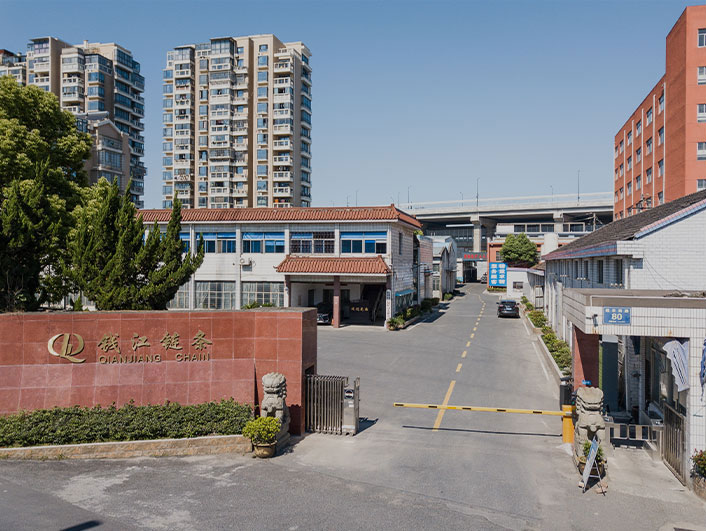
-
Functional Role of Agricultural Chains in Farm Machinery Agricultural chains are essential transmission and conveying components used in a wide range of farming equipment, including combines, balers, feed mixers, manure spreaders, and grain handling systems. These chains transfer mechanical power, synchronize rotating ...
READ MORE -
Motorcycle Chain Function and Power Transmission Structure The motorcycle chain is a critical drivetrain component responsible for transferring engine power from the front sprocket to the rear wheel. It converts rotational force into forward motion with high efficiency and minimal energy loss. Compared to belt or shaft...
READ MORE -
Double-pitch roller chains represent essential power transmission components in countless industrial applications where extended pitch lengths provide advantages over standard roller chains. The 2060, 2080, and 2082 series—along with their heavy-duty H-series variants—offer engineers and maintenance professionals vers...
READ MORE
1. Understanding Roller Chains
Roller chains are one of the most common and reliable types of mechanical power transmission devices. They are designed to efficiently transfer power between sprockets in a wide variety of machines, from industrial conveyors to motorcycles. Roller chains are made of several components, including the chain links, rollers, pins, and bushings, each working together to ensure smooth and durable operation.
1.1 Key Components of Roller Chains
- Chain Links: The individual segments that form the chain.
- Rollers: Provide smooth contact with the sprockets, reducing wear and tear.
- Pins: Connect the links together, allowing the chain to move freely.
- Bushings: Reduce friction between the chain’s internal components.
2. Applications of Roller Chains
Roller chains are used in a wide variety of industries, offering durability and versatility. They are commonly found in industrial equipment, agricultural machinery, and transportation systems. Below are some key applications:
2.1 Industrial Machinery
In industrial environments, roller chains are used in conveyors, packaging machines, and other automated systems to transmit mechanical power efficiently.
2.2 Agricultural Equipment
Agricultural machinery, such as tractors, combines, and harvesters, often rely on roller chains to transfer power from the engine to other mechanical systems like wheels and harvesters.
2.3 Transportation Systems
Roller chains are also widely used in bicycles, motorcycles, and other vehicles to transmit power from the engine to the wheels, ensuring smooth and reliable movement.
3. Exploring Multi-Strand Roller Chains
Multi-strand roller chains are a variation of the standard roller chain, designed to handle higher loads or allow for more precise power distribution. They consist of two or more strands of roller chains operating in parallel, making them more efficient for applications requiring greater load capacity or longer service life.
3.1 Advantages of Multi-Strand Roller Chains
- Increased load capacity due to the parallel arrangement of multiple strands.
- Improved performance in high-stress applications, such as large industrial machines and conveyors.
- Extended service life, as the load is distributed across multiple strands, reducing wear on individual components.
3.2 Applications of Multi-Strand Roller Chains
Multi-strand roller chains are commonly used in heavy-duty applications where the standard roller chain may not provide adequate power transmission. Some typical uses include:
- Conveyors in high-volume production lines.
- Heavy-duty machines in industries like mining, construction, and agriculture.
- High-performance vehicles requiring superior power transfer, such as racing bikes and motorcycles.
4. Maintenance and Care for Roller Chains
Proper maintenance is crucial to ensure the longevity and efficient operation of both roller chains and multi-strand roller chains. Regular maintenance practices include:
4.1 Lubrication
Regular lubrication of roller chains helps reduce friction and prevent wear on the chain components. It’s important to use the correct type of lubricant based on the chain's application.
4.2 Tension Adjustment
Keeping the chain properly tensioned is essential to avoid unnecessary wear and tear. An overly tight or loose chain can lead to premature failure of components.
4.3 Regular Inspections
Frequent inspections are necessary to identify any early signs of wear or damage. Look for signs of elongation, broken links, or excessive wear on the sprockets and rollers.
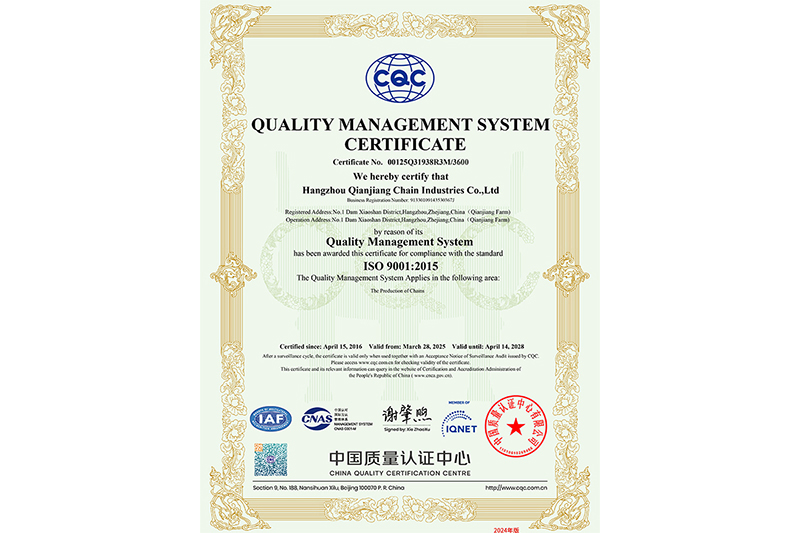
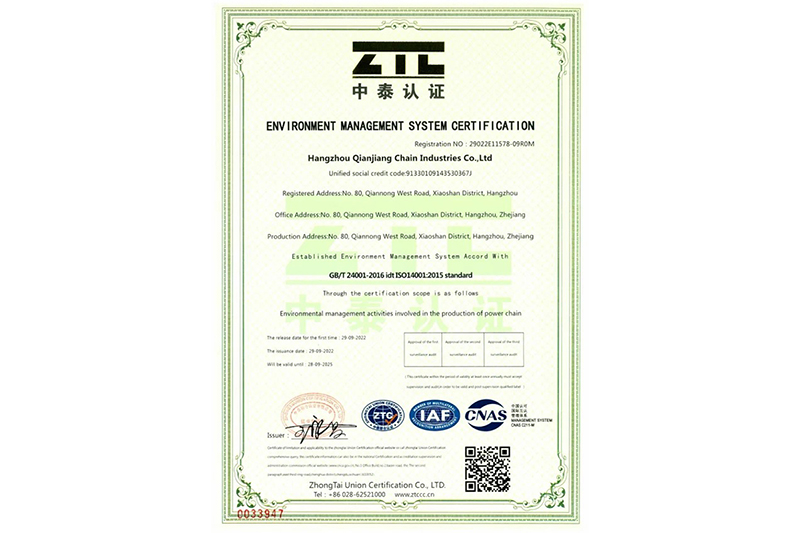
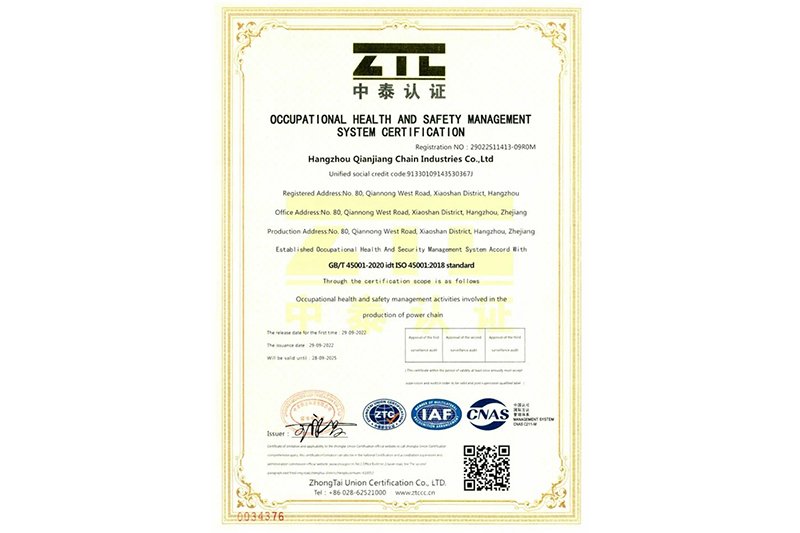
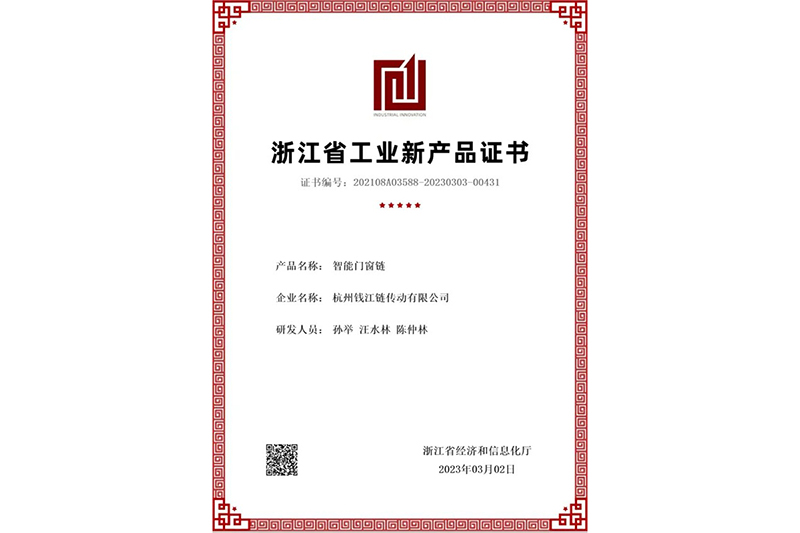
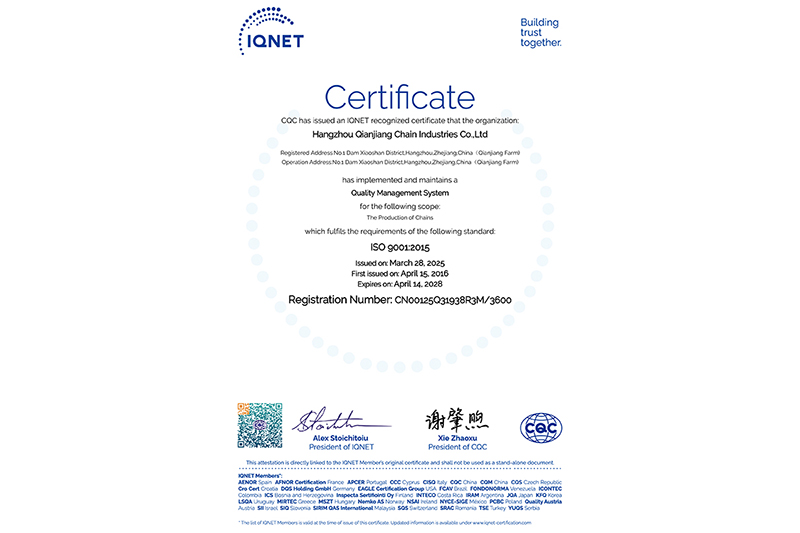
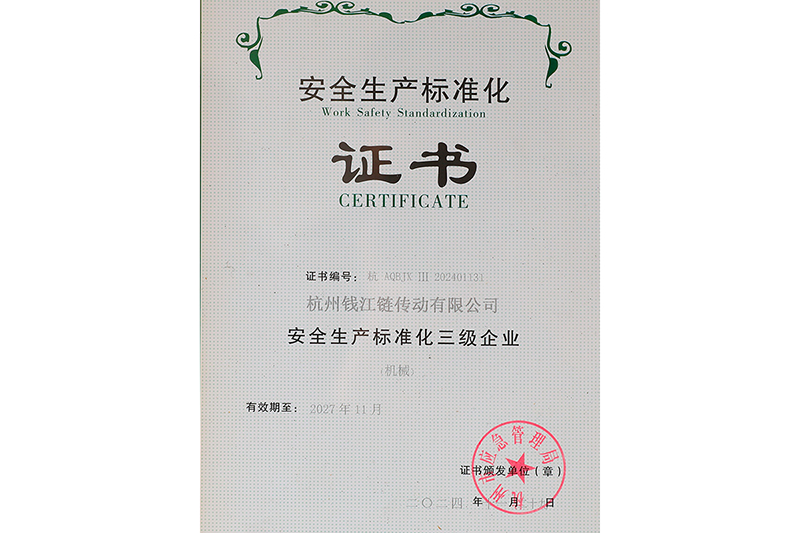
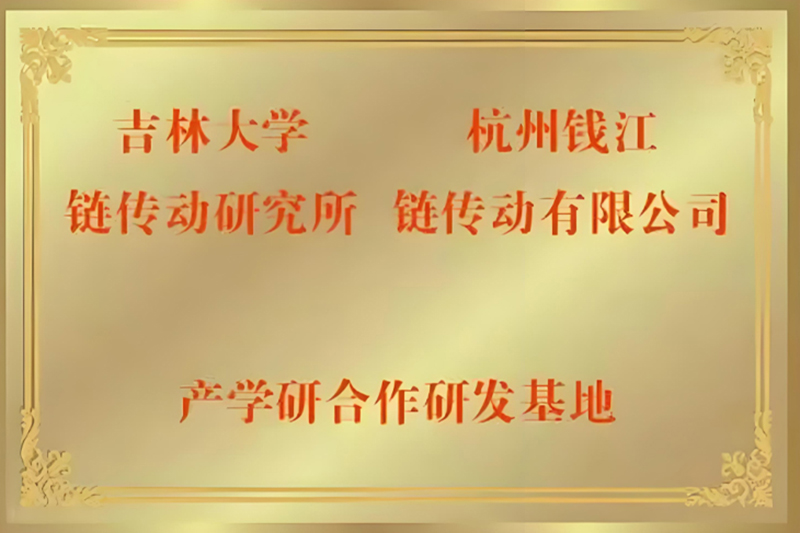
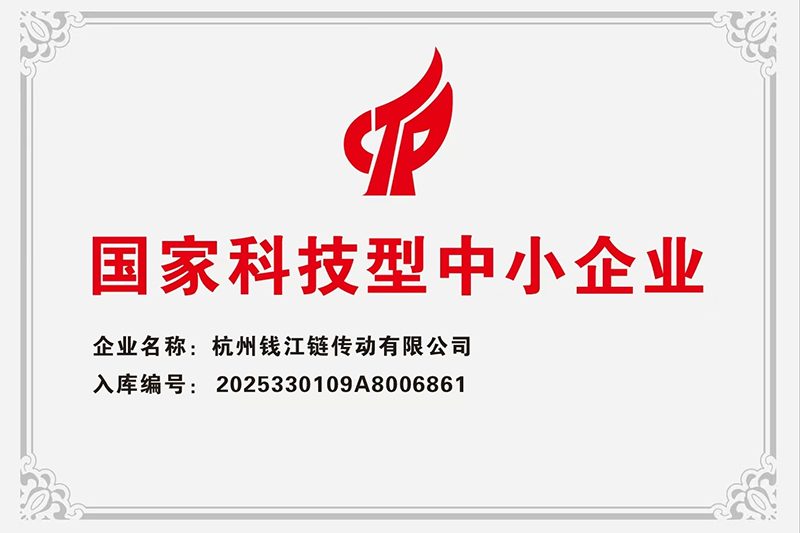
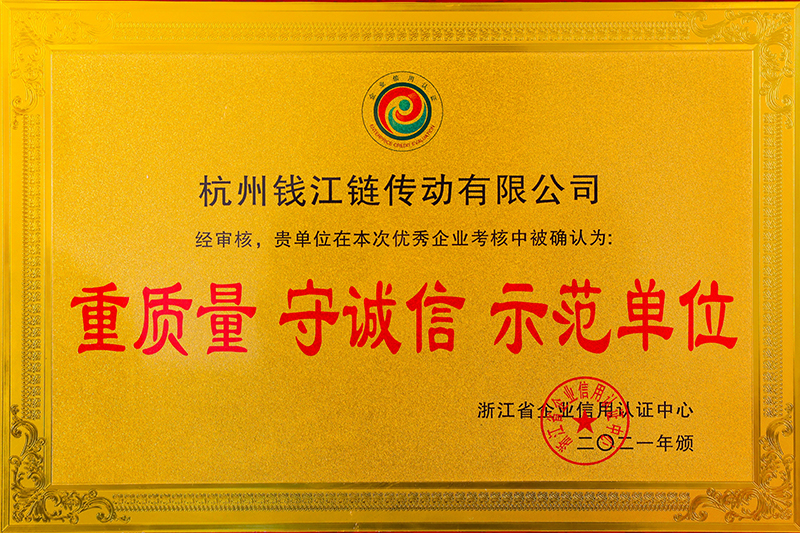
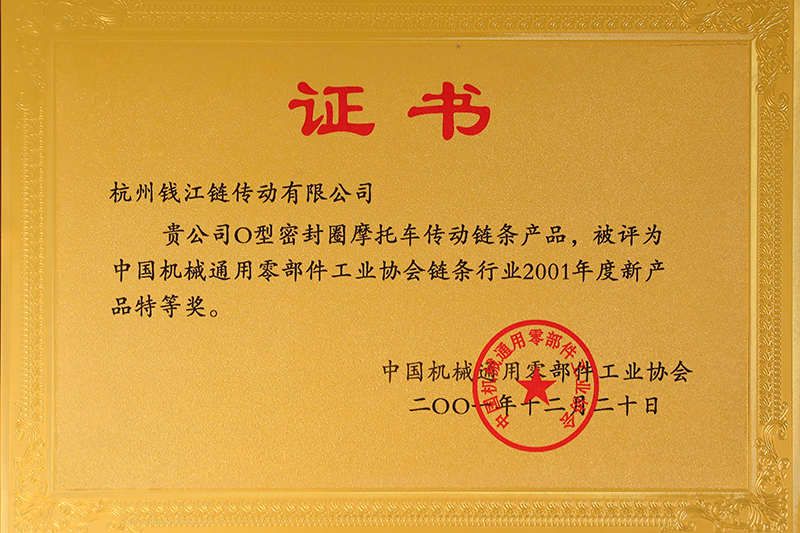
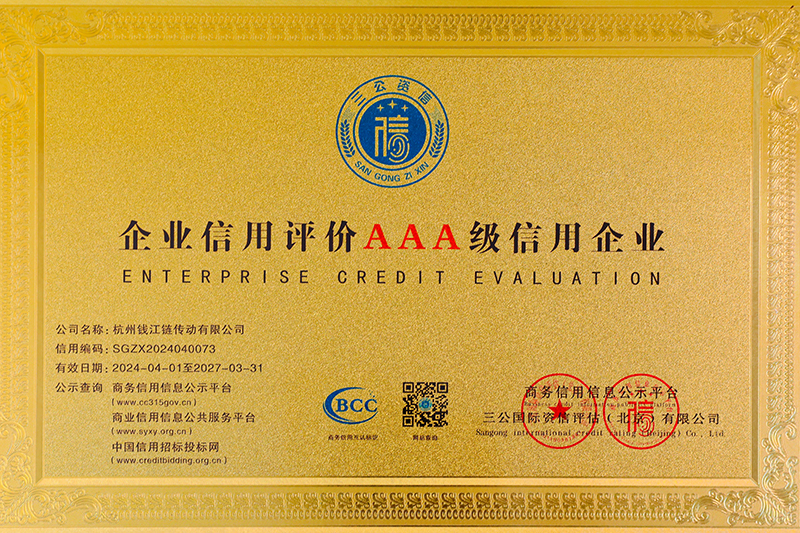
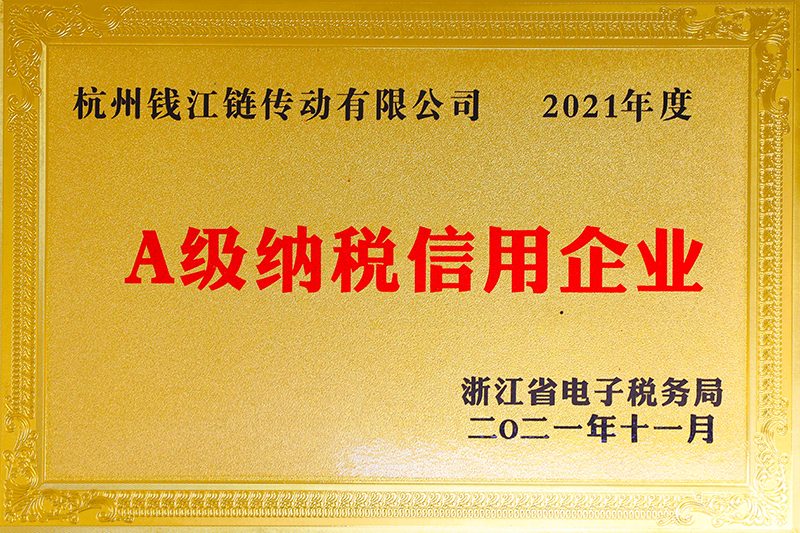
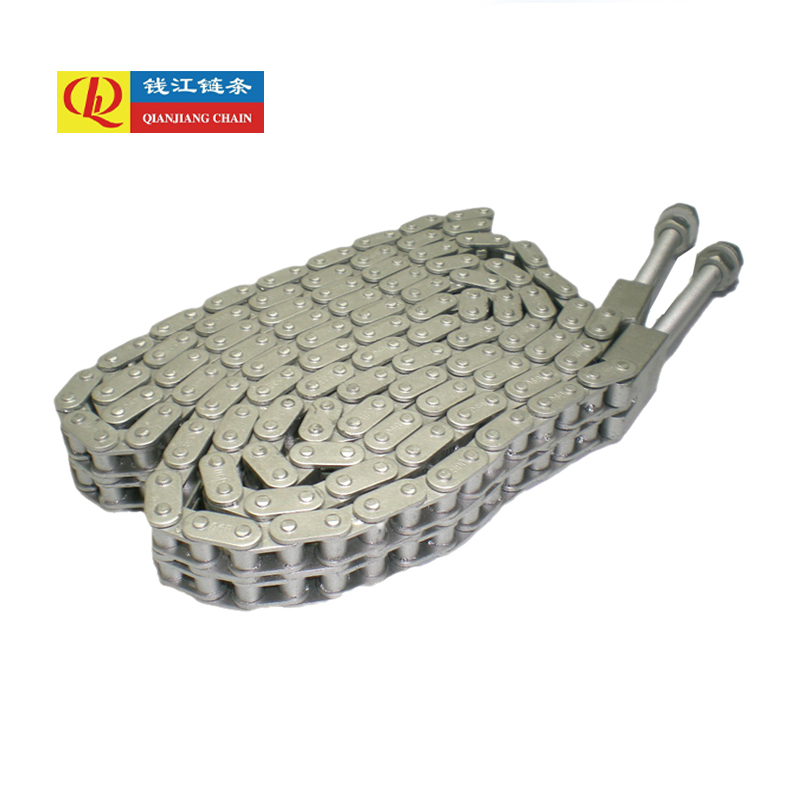
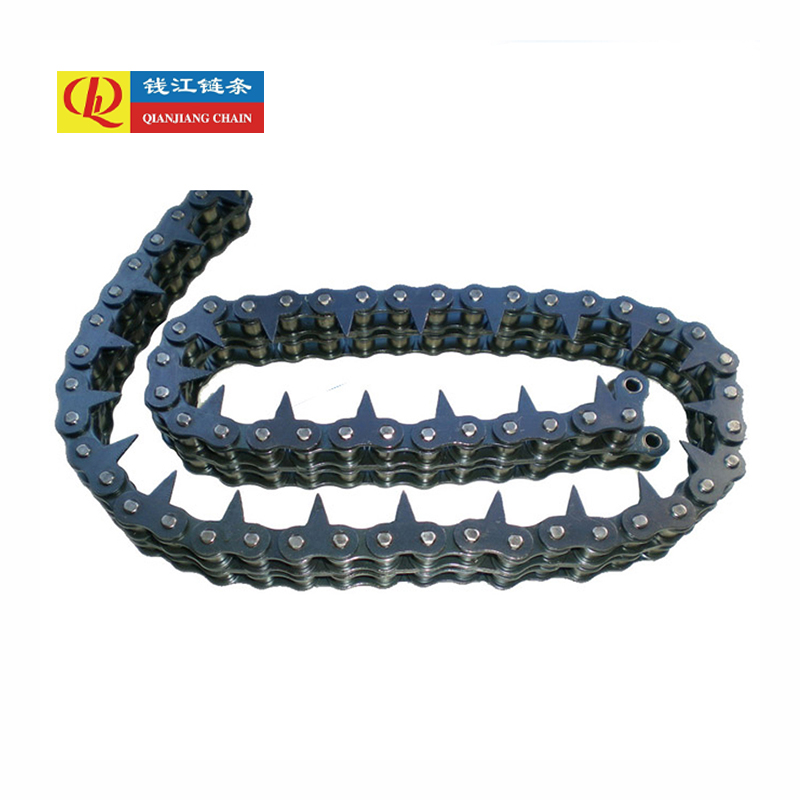
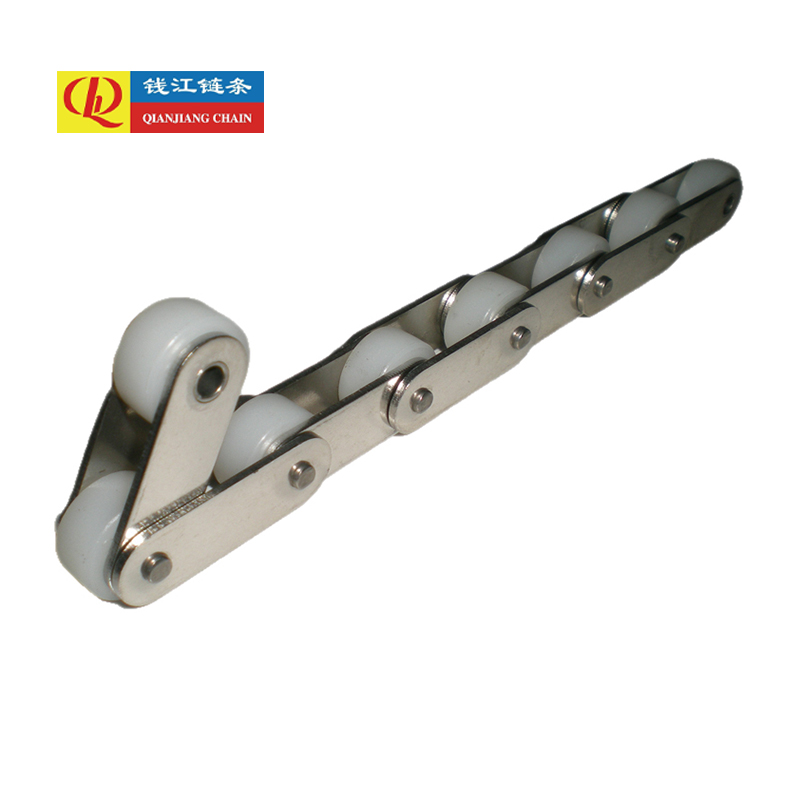
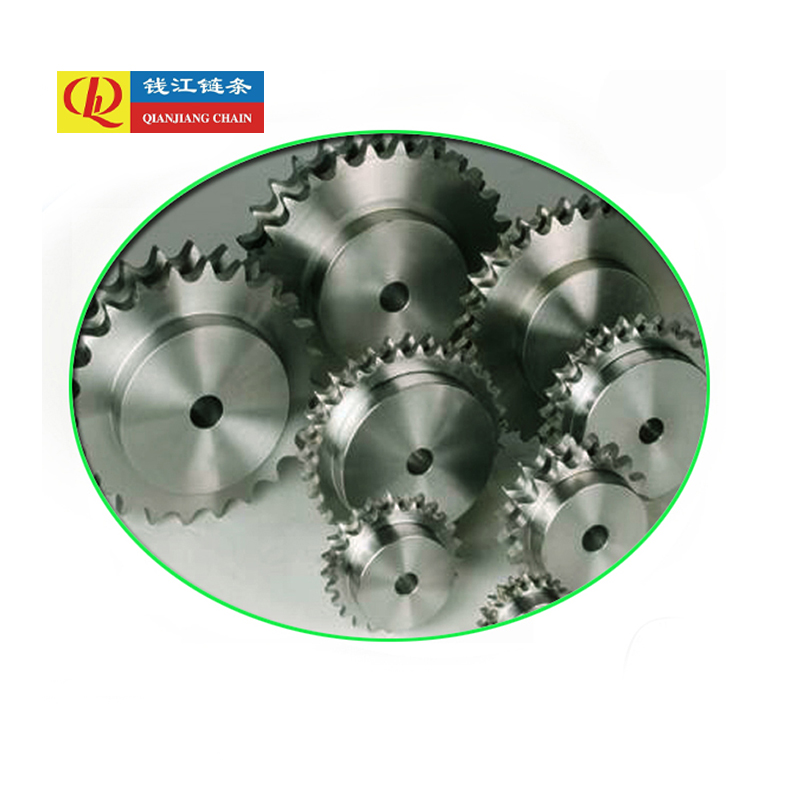
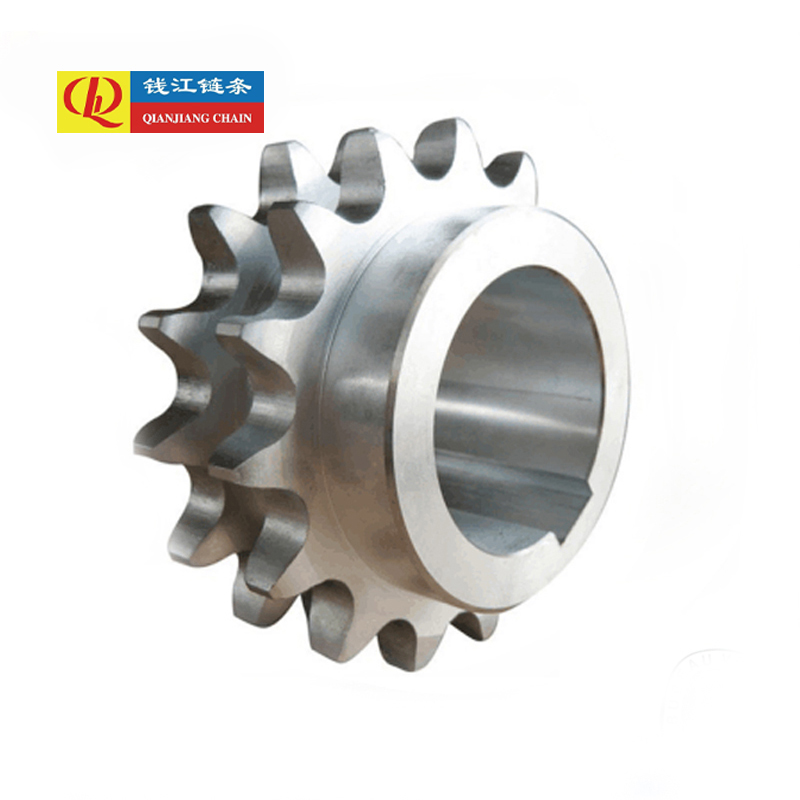
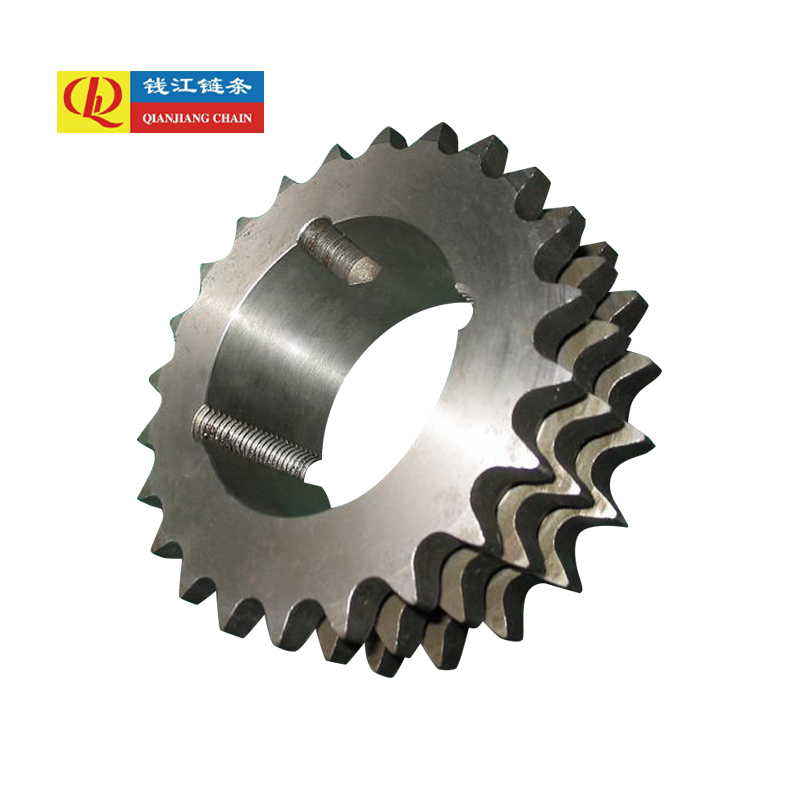


 浙公网安备33010902004043号
浙公网安备33010902004043号